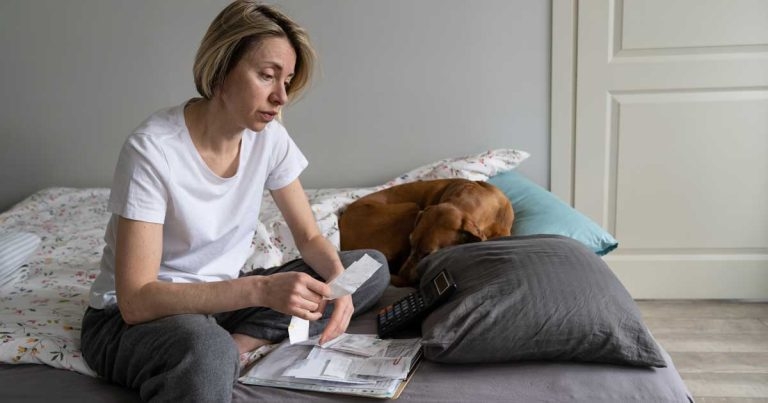9 Jun 2023
Veterinary professionals urged to focus on “cost-effective” care solutions as more than 200,000 cats and dogs are currently unregistered because of a lack of practice capacity for new clients.

Image: © DimaBerlin / Adobe Stock
The body that represents veterinary practice leaders has warned some surgeries may be forced to cut staff or leave vacancies unfilled because of continuing economic pressures.
Cuts in services – and even refusals to take on new clients because of the pressures on current staff – are also being reported by the VMG.
The body has also urged practices to focus on “cost-effective” care solutions after a senior charity vet called for more to be done to help professionals find welfare solutions that pet owners can afford.
The VMG’s intervention follows the publication of the 2023 PDSA Animal Wellbeing (PAW) Report, which indicated significant unease within the profession on financial issues.
Its surveys found that one in four respondents were worried their practices would have to limit or cut the number of vets on their books because of rising costs.
More than a third (34%) were concerned about the possibility of limits or cuts to services.
The report also estimated around 130,000 cats and 93,000 dogs are not registered with a vet because of a lack of practices taking on new clients – 16% of cat owners and 9% of dog owners surveyed did not have their pets registered, and lack of access accounted for 7% and 10% of those groups, respectively.
Some owners also reported their practices were not providing services such as neutering (3% of dog owners; 5% of cat owners), vaccination (2%; 1% for boosters), or microchipping (4%; 5%).
VMG president Miles Russell – speaking ahead of the group’s annual congress in Stratford-upon-Avon, held on 8 and 9 June – said the report’s findings appeared to confirm the testimonies being received by the organisation.
He said: “We regularly hear from our members about the severe pressures on their teams.
“Given continuing problems with staff retention, some are reducing the range of services they offer and closing their doors to new clients.
“The veterinary industry has traditionally been a ‘lag industry’ as clients try to care for their pets for as long as they can. Eventually, though, the financial pressures they face as a result of the cost of living crisis will impact what they can spend on their pets.
“We’re starting to see an impact on turnover within the small animal sector and this will lead to reduced margins. As the most significant element is salaries, some practices may have to stop replacing staff when they leave and possibly, as a last resort, consider job cuts.”
Mr Russell encouraged managers to support their staff while also preparing for the challenges and potential opportunities that may lie ahead.
He also urged professionals to focus on “communicating well with their clients to ensure that pets can receive the most cost-effective treatment”.
That plea follows the release of PAW data suggesting more than half of surveyed professionals had seen increases in the number of clients delaying treatment or being unable to afford unexpected bills, plus discussion of the economic challenges faced by practices and pet owners during BVA Live in May.
The session heard 3% of owners had reported going without essentials for themselves to look after their animals, and that the crisis was likely to continue for some time with pet food inflation reported to be running at about 25%.
Sean Wensley – PDSA senior vet for communication and education, and BVA past‑president – said the report also indicated increasing incivility towards professionals from clients related to economic pressures.
Richard Hooker, the charity’s director of veterinary services, wrote in the report that greater cost awareness was “essential” for prospective owners before they take on the commitment of a pet.
But RSPCA chief vet Caroline Allen questioned if vets were being given enough information to help them practise contextualised care on the ground.
She argued that clinical articles in veterinary journals should include monetary discussions and cautioned vets were at risk of being left to find their own solutions to problems.
She said: “We need to empower vets to find the best solution for the welfare of the animal within the means of the owners.”
Dr Allen also warned that RSPCA branches with clinics have reported feeling “overwhelmed” by the current scale of need and the service gap could not now be closed by the charitable sector.
Meanwhile, BVA past‑president Robin Hargreaves described the veterinary dental sector as being “in crisis” because of the types and costs of preferred treatments, and warned of potential welfare consequences across the profession based on treatment recommendations.
He said: “We are creating barriers to accessing care [and] we have to think very carefully about whether they are appropriate.”